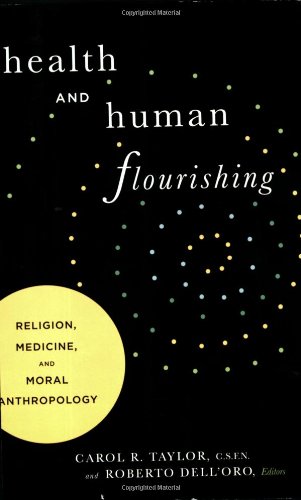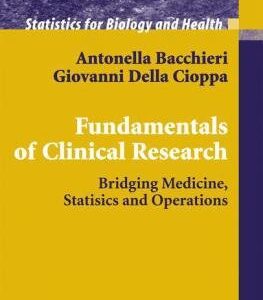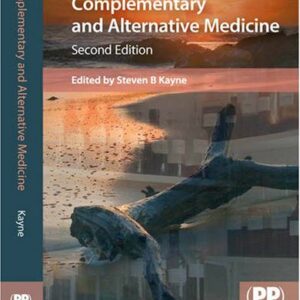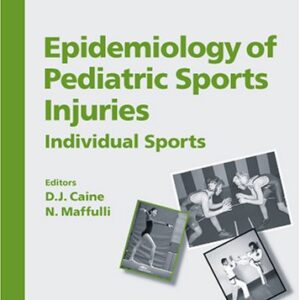While bioethics is consumed with the promises and perils of new medical discoveries, emerging biotechnologies, and unprecedented social change, one fundamental issue receives scant attention: What does it mean to be human? This anthology, under the auspices of Georgetown’s Center for Clinical Biothics, attempts to grapple with that question. Contributors include well-known authors in the field of religion and medicine, viz., Edmund Pellegrino, Lisa Cahill, Margaret Mohrmann, Daniel Sulmasy, Richard Zaner, Christine Gudorf, and Kevin FitzGerald. The book contains five parts, with emphases on various themes of being human: dignity, integrity, vulnerability, relationality, and so forth. Another section focuses on how a theological anthropology–a theological understanding of what it means to be a human being—can help us better understand healthcare, social policy, and science. As Dell’Oro writes, the book “offers a singular contribution to the interplay of religion, medicine, and moral anthropology in the field of bioethics as it struggles to articulate the conditions that define human flourishing in the age of science and technology.” The quality of the essays are high, though there is some variance in sophistication. Dell’Oro’s opening chapter, for instance, is rewarding but highly technical; Kay Toombs’ chapter on her own disability is equally effective but much more accessible to general readers. Attention has been paid to integration and coherence. There is a Catholic influence on the book, though not all contributors–viz., Mohrmann, Zaner, Tombs, Holland–are remotely Catholic.
Medicine
{PDF} Health and Human Flourishing: Religion, Medicine, and Moral Anthropology Roberto, dell’Oro
$9.99






Reviews
There are no reviews yet.